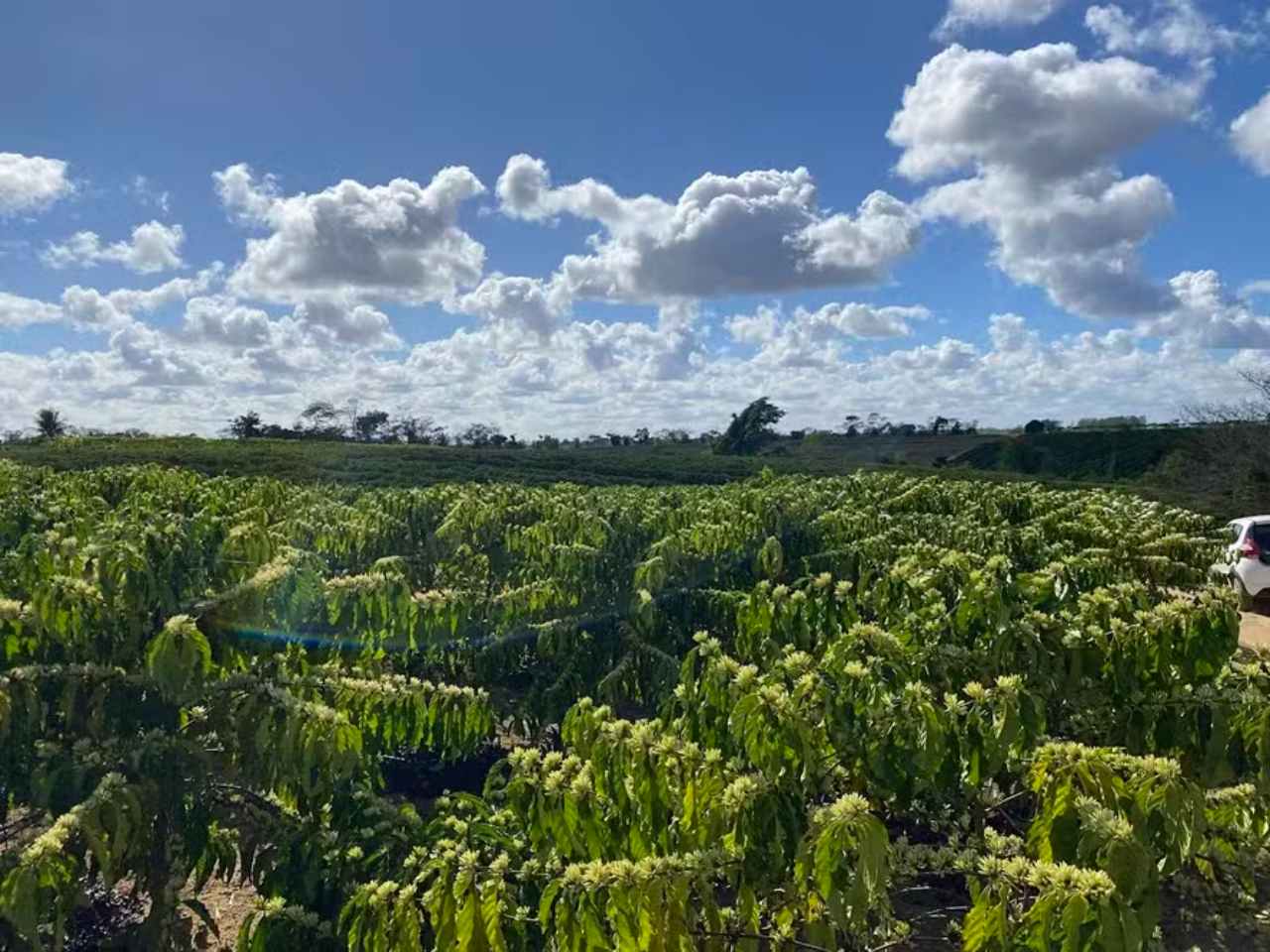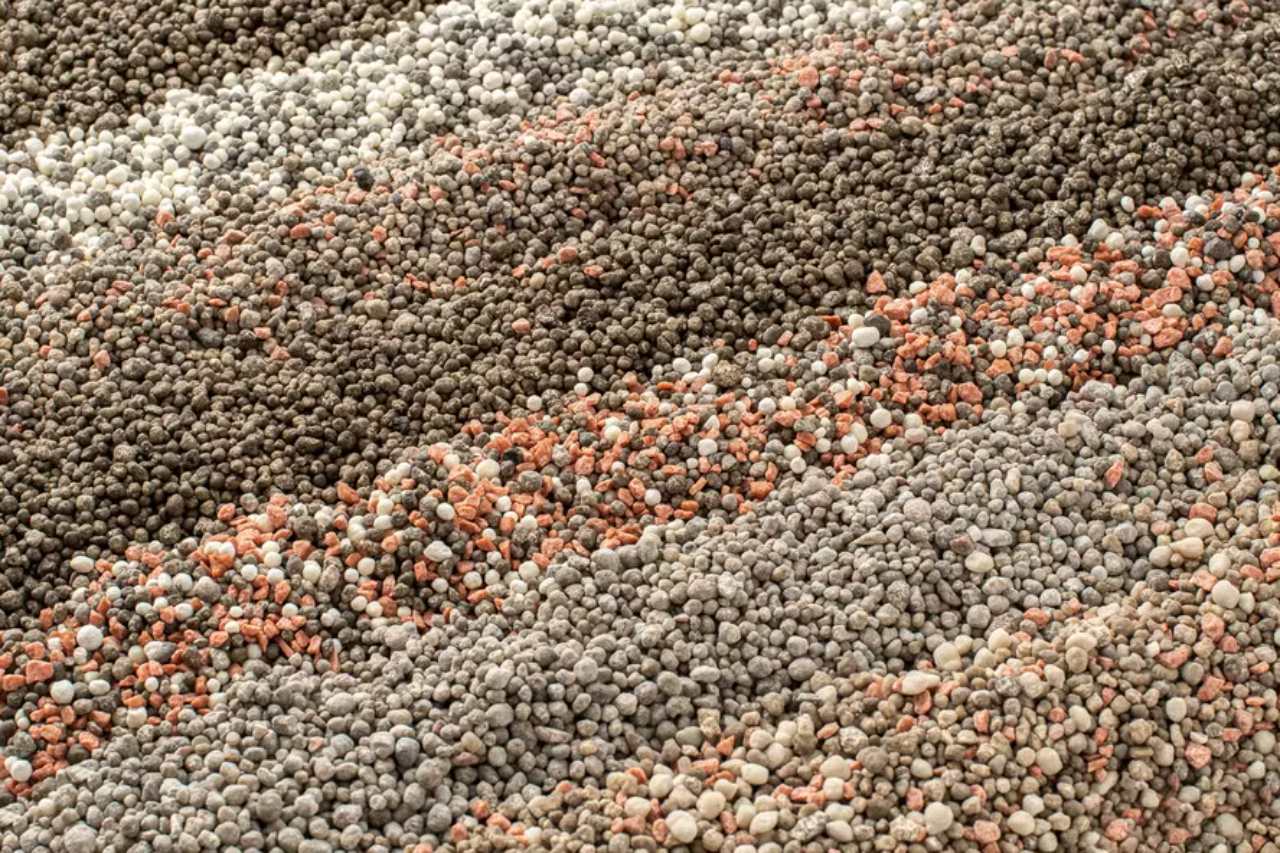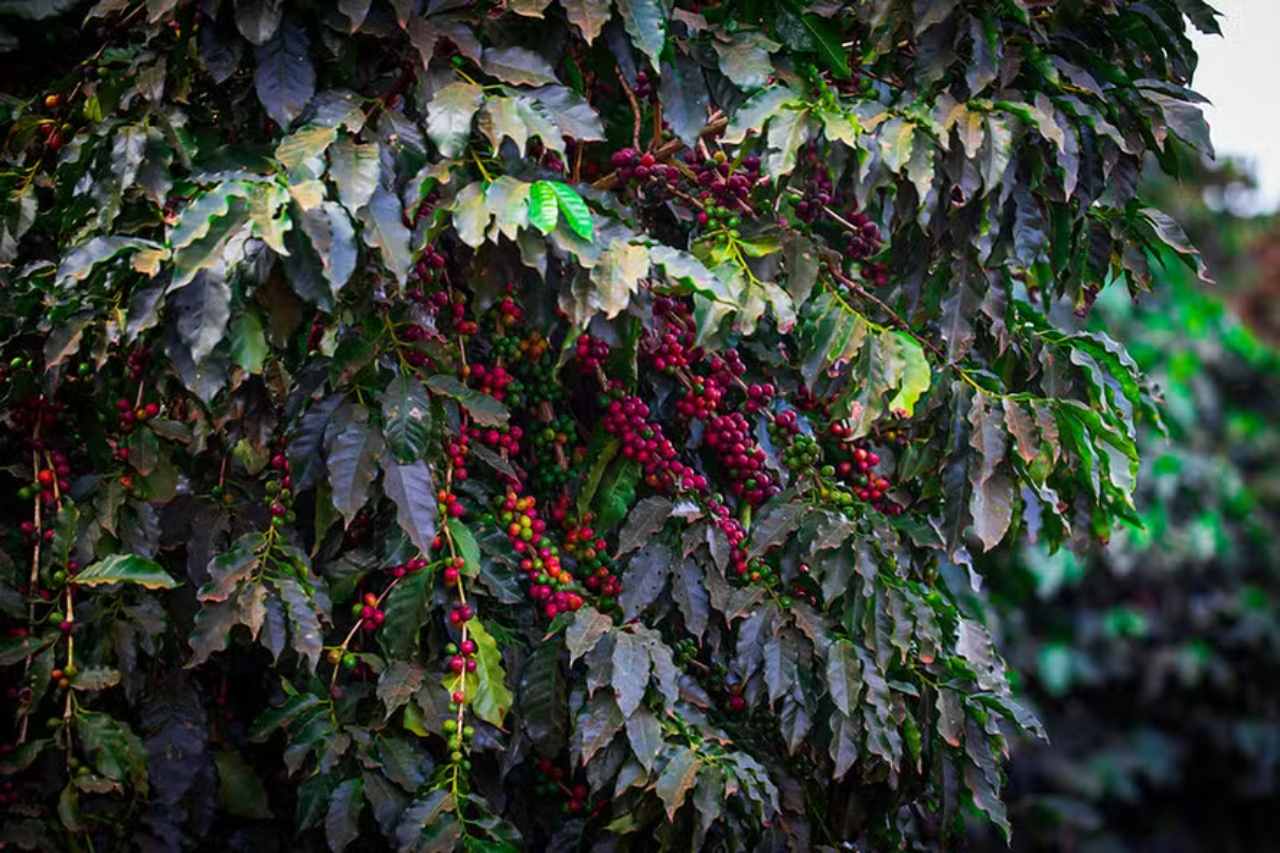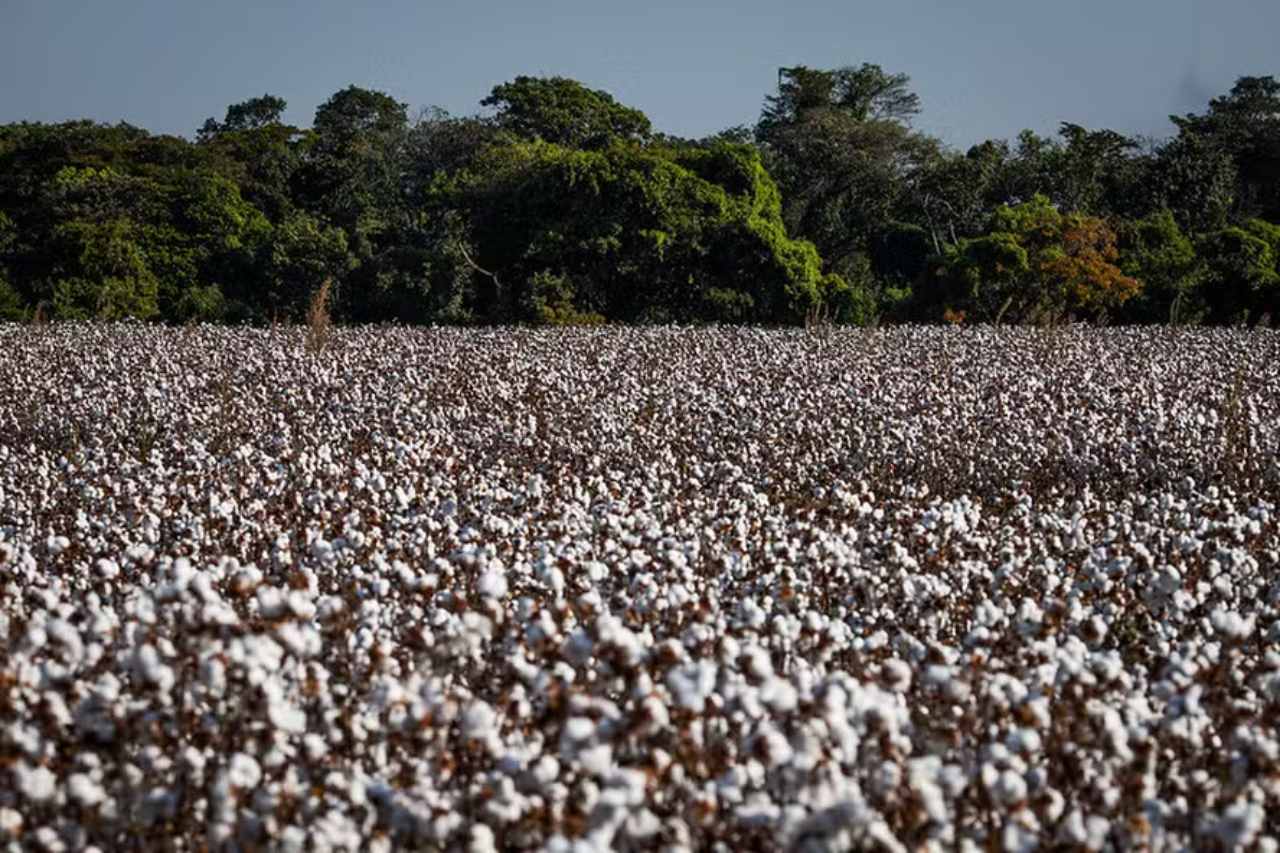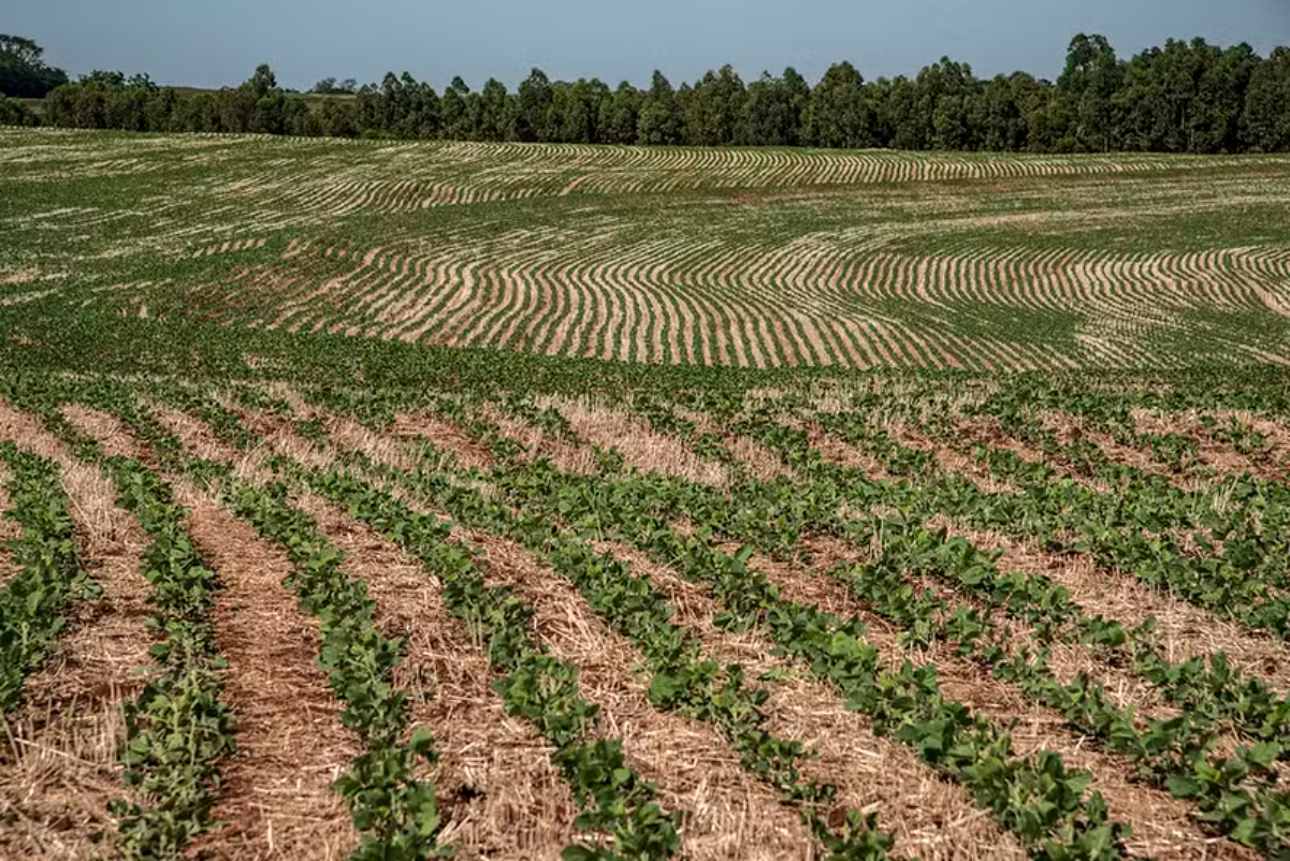The volume of Espírito Santo’s coffee exports in the first nine months of this year increased by 158% compared to the same period in 2023, with average prices reaching record highs.
The sharp rise in international conilon coffee prices has reinvigorated Espírito Santo’s exports, positioning coffee as the leading agricultural product from the state, surpassing even cellulose. As this trend, which began in 2023, continues into 2024, Espírito Santo solidifies its role as Brazil’s top conilon coffee producer.
From January to September, the state exported 5.9 million bags of coffee (including beans and soluble equivalents), a volume that more than doubled last year’s figures for the same period. According to the Vitória Coffee Trade Center (CCCV), these exports generated $1.1 billion in revenue during the first nine months of 2024.
The average export price of $199.15 per bag marks the highest in history. For comparison, throughout 2023, Espírito Santo shipped 4.02 million bags, generating $593.7 million in revenue.
Market Opportunities for Conilon Coffee
Challenges in Vietnam’s coffee harvest—the world’s largest producer of robusta, a variety closely related to conilon—along with logistical issues in the Red Sea trade route have opened new opportunities for conilon producers in Espírito Santo. These disruptions also created room for newcomers in the export market.
From Espírito Santo to Switzerland
One example is Guilherme da Silva Oliveira, a coffee grower from Nova Venécia (ES) and member of Cooabriel, Brazil’s largest conilon cooperative. Alongside his father and five sharecroppers, Guilherme manages 27 hectares of conilon. This year, higher prices and increased production of specialty conilon allowed him to make his first export—sending a small batch to Switzerland.
“We saw a business opportunity for Maritacas Coffee, a brand we started three years ago. Now, we’re setting up a larger roasting facility and looking for new clients in Europe,” said Guilherme.
Despite a 45% drop in yield due to drought, higher prices compensated for the smaller crop. “The price paid to growers more than doubled, reaching R$1,340 per bag and at one point even hitting R$1,500,” he shared.
Improving Quality and Yields
In addition to rising demand, improvements in the quality of conilon from Espírito Santo have also driven export growth. “Fifteen years ago, I was harvesting 40 to 45 bags per hectare. Now, that average has increased to 80 to 90 bags, with some fields yielding up to 170 bags per hectare,” Guilherme explained. He credits this growth to investments in irrigation, crop management, and clones, supported by Cooabriel and technical assistance from Incaper (Espírito Santo Institute for Research, Technical Assistance, and Rural Extension).
Exceeding Expectations
Carlos Alberto Roldi Filho, a grower from Santa Teresa (ES), manages 40 hectares of conilon and 14 hectares of arabica. As a member of Nater Coop, the state’s largest agricultural cooperative, Carlos reported a better-than-expected harvest this year. Despite a 15% drop in production, favorable prices ensured a good season.
“We managed to balance the books after years of struggling with low prices and climate issues. I’m optimistic about the 2025 harvest now that the rain is slowly returning, which will help without harming the crops,” said Carlos.
Limited Supply Meets High Demand
According to Renata Vaz, export and sustainability manager at Cooabriel, demand for conilon in international markets has far outpaced supply this year. “Our exports could have grown by more than 50%, but coffee deliveries were down by 30%,” she noted.
The decline was due to insufficient rainfall between November 2023 and January 2024, a critical period for the beans to fill properly. “We simply don’t have enough coffee to sell. Our volumes decreased, but revenues increased,” Renata concluded.
The combination of high global demand, improved crop management, and record prices has positioned Espírito Santo as a major player in the international conilon coffee market, despite recent weather challenges.

